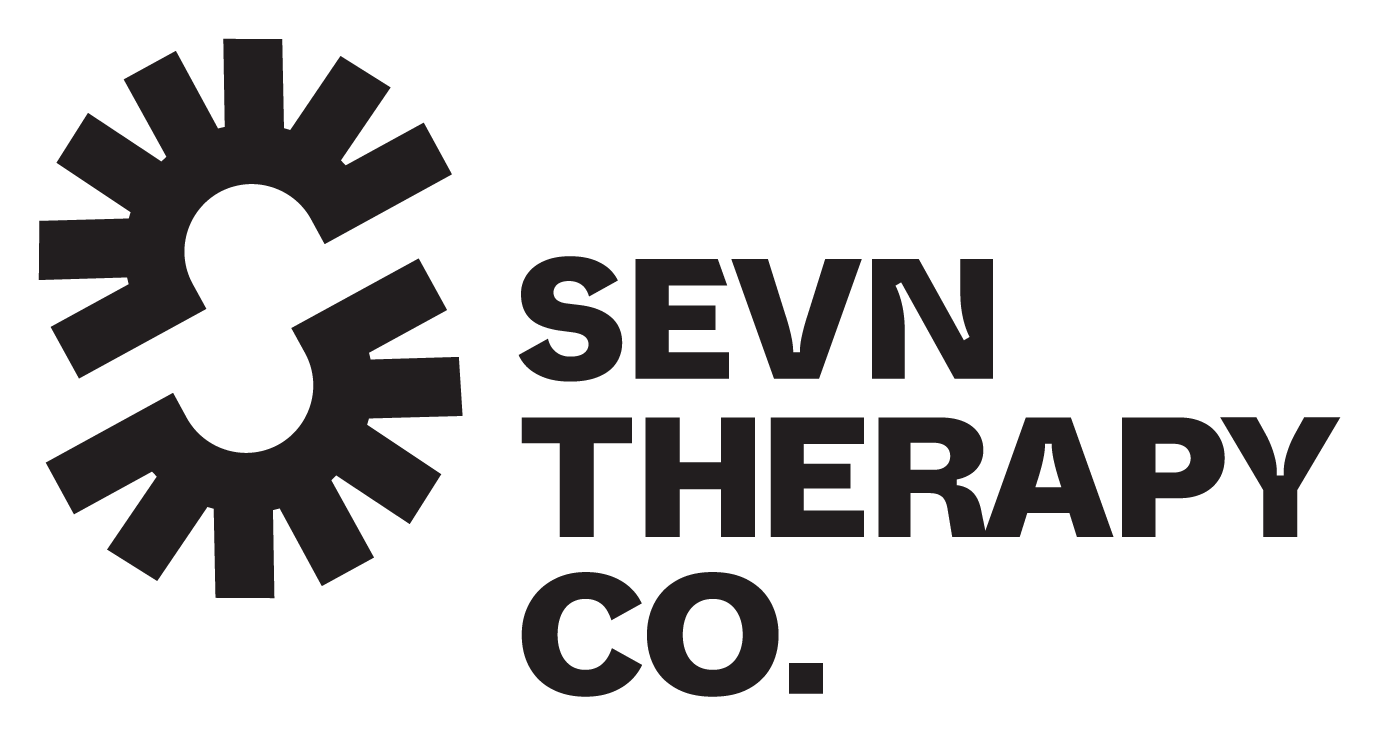Counseling Advice: Establishing Healthy Boundaries at Work

Often when we talk about boundaries, we rarely speak about boundaries at work. Gettysburg College found about one-third of our life is spent at work. Many individuals describe work as “…emotionally, mentally, or physically exhaust[ing].” Leading boundary expert and therapist, Nedra Glover Tawab, writes, “Feeling taken advantage of, frustrated, irritated, annoyed, and bitter results from the resentment we feel when we don’t set limits.” If work feels overwhelming and you’re ready to take back control of your life at work, let’s discuss how setting boundaries in the workplace can help improve your emotional and mental health.
What are boundaries?
Let’s take a few moments to discuss what boundaries are. Boundaries are simply the guideposts or limits that convey how much we are willing to do. Nedra Glover Tawab explains in Set Boundaries, Find Peace that“limits create clarity about how you are willing and able to help.” Boundaries clarify what we are willing to do and what we are not willing to do. And while the conversation around boundaries can feel overwhelming or scary, boundaries are beneficial to all types of relationships, even work relationships.
Counseling Advice #1: Start Small.
So, how can we establish healthy boundaries at work? In the New York Time Bestselling book, Atomic Habits, James Clear writes, “Meaningful change does not require radical change.” When individuals want to change any aspect of their life, many want to see a radical change immediately. However, sustainable change is change consistently implemented over a period of time.
In establishing boundaries, we are after progress, not perfection. Starting small can help you address hiccups along the way and define what you really want.
Here are a few examples of small boundaries you may want to try to implement within the workplace:
- Leave work on time.
- Remove work email from your phone.
- Redirect a call or email to the appropriate department.
- Take your lunches and breaks.
- Take your vacation days.
There will always be exceptions to the rule. However, we don’t want those exceptions to turn into a lifestyle.
Counseling Advice #2: Communicate the boundary to others.
Once you’ve outlined a few small boundaries to establish, those boundaries need to be communicated. This is the part of boundary work that trips most individuals up. Some people are afraid to establish boundaries because they don’t want to upset anyone. Nedra Glover Tawab shares, “our biggest fear is that we’ll lose people, so we tolerate boundary issues to maintain our relationships.” We tolerate even minor boundary violations until it breeds resentment and ultimately burnout or a blow up.
Communicating boundaries puts everyone on the same page. And while people may not be throwing you a party for being clear about what you will and will not be able to do, others tend to respect the clarity. To reduce a bit of the awkwardness, try this formula:
Boundary (what the limit is) + consequence (what will happen if the boundary is violated) + gratitude.
Example: I will be leaving work at 5, per my job description, except for special projects every once in a while (boundary). If I am given a task at the end of the day, I will start it at the beginning of the next work day (consequence). I appreciate you for respecting this (gratitude).
Counseling Advice #3: Avoid the negative narrative.
Before we make a decision about what we’re going to do, we tell ourselves a story about how it’s going to go. And most of the time, the story is a negative one. While these narratives are defense mechanisms that can help us prepare for negative outcomes, these stories can also trip us up and prevent us from doing what we need to do to establish healthy boundaries at work. When you need to establish a boundary, try imagining the best possible outcome. “Experiment with assuming that people will fully understand what you say,” suggests Nedra Glover Tawab.
Counseling Advice #4: Be Consistent and follow-through.
Sometimes, establishing boundaries is not the hard part. Many people struggle with follow-through, meaning enforcing the consequences of the boundaries they’ve created. Notice your response when those boundaries get tested. It can be helpful to get some accountability if you know you struggle with follow-through. For example, if you know you struggle with leaving work on time, have a friend call you at 5:05PM to make sure you’re in the car. If you want to take your lunch every-day, leave the office (even if you just go to your car) to help enforce that boundary you set. These consistent ways of honoring your boundaries teach others how to treat you.
As Nedra Tawab Glover explains, “The short-term discomfort of setting a boundary isn’t a reason to continue tolerating the longer-term discomfort of the issues that inevitably result.” While establishing boundaries at work can feel like a difficult task, it can be life-giving to your soul. Boundaries help give freedom to areas of your life, enabling you to be the best you can be. If you’re struggling with what boundaries to set or need help handling criticism of your boundaries, I’d love to help. Call our office today at 817-778-0522 or use this link to schedule an intake session with me tomorrow.
Resources:
- Set Boundaries, Find Peace: Nedra Glover Tawab
- Atomic Habits: James Clear

Alicia Williams, LPC-Associate
Supervised by Erin James, LPC-S



